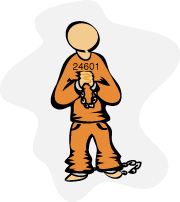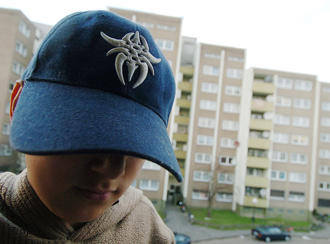1.
The belief that the state is the “higher or ultimate parent”
of all the children within its
borders.
2.
The belief that children are worth saving and that non-punitive
procedures should be used to save the child.
3.
The belief that children should be nurtured.
While the nurturing process is under way,
they should be protected from the stigmatizing impact of formal
adjudicatory procedures.
4.
The belief that justice, to accomplish the goal of reformation, needs to
be individualized; that is, each child is different, and needs, aspirations,
living conditions, and so on, of each child must be known in their individual particulars
if the court is to be helpful.
5.
The belief that the use of non-criminal procedures are necessary
to give primary considerations to the needs of the child. The denial of
due process could be justified in the face of constitutional challenges because
the court acted not to punish, but to
help.
Explanations
for Delinquency
Categories of Children


 ed a separate juvenile court and applied the term delinquent
instead of criminal. The act
specified that the best interest of the child was to guide the judges
decisions.
ed a separate juvenile court and applied the term delinquent
instead of criminal. The act
specified that the best interest of the child was to guide the judges
decisions.
